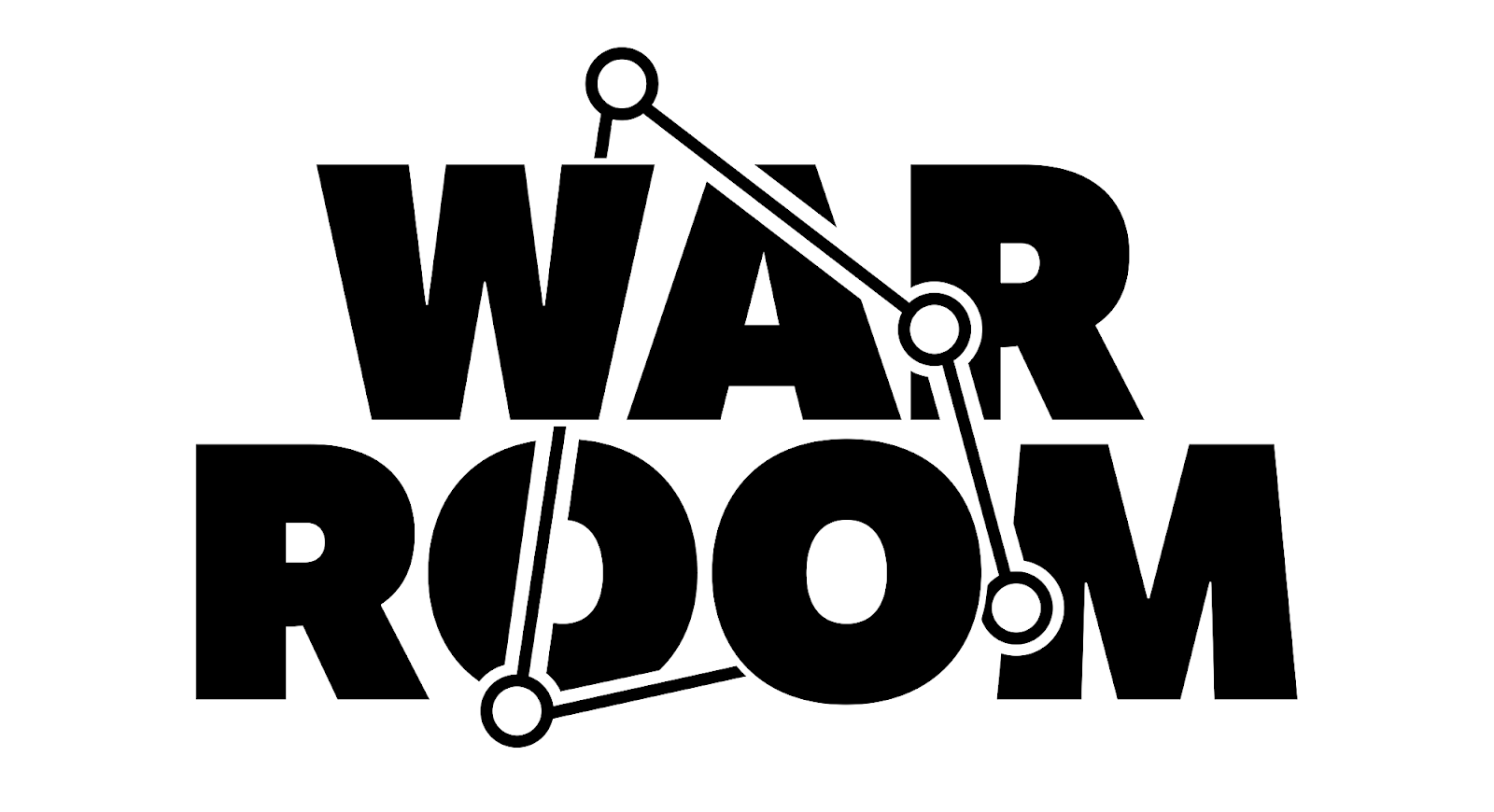|
 Key Point: “Unlike so much else in the US, public debt is bipartisan. It was accrued over time through the actions of Democrats and Republicans, including Donald Trump’s tax cuts of 2017. A large contributor was pandemic relief, which, at least in its first wave, commanded near-unanimity in Washington. Key Point: “Unlike so much else in the US, public debt is bipartisan. It was accrued over time through the actions of Democrats and Republicans, including Donald Trump’s tax cuts of 2017. A large contributor was pandemic relief, which, at least in its first wave, commanded near-unanimity in Washington.
“It is as grim as ever, then, to see partisan feuding as the latest of America’s fiscal cliff edges nears. For a sense of the stakes, consider that a government shutdown, due to lack of funding, is the lesser of the possible crises. The other is outright default… Republicans, as co-authors of the debt, should co-operate in raising the limit.… Republicans, as co-authors of the debt, should co-operate in raising the limit.”
Financial Times: The US debt ceiling needs to be raised
By The Editorial Board
September 29, 2021
Unlike so much else in the US, public debt is bipartisan. It was accrued over time through the actions of Democrats and Republicans, including Donald Trump’s tax cuts of 2017. A large contributor was pandemic relief, which, at least in its first wave, commanded near-unanimity in Washington.
It is as grim as ever, then, to see partisan feuding as the latest of America’s fiscal cliff edges nears. For a sense of the stakes, consider that a government shutdown, due to lack of funding, is the lesser of the possible crises. The other is outright default.
[…]
This week, Republicans blocked even the consideration of a bill that linked raising the ceiling to providing short-term funding for the government. They want the Democrats to be seen to loosen the constraint on their own, landing them with a reputation as spendthrifts in the process. This political gambit, dressed up as concern for the budget, is not new. But the context — a still-live pandemic, a gingerly recovering economy — is unusually fraught. Fiscal brinkmanship is even less conscionable now than it is in normal times.
Republicans, as co-authors of the debt, should co-operate in raising the limit. They are right that Democrats, who run all three branches of the federal government, are in free-spending mood. An infrastructure plan and much larger social reform bill are navigating Congress this week. But the debt is a legacy of past decisions, not a single year of “big government”. In any case, the GOP’s budgetary conservatism tends to be strongest in opposition.
[…]
Americans have a mostly benign experience of these crises. But that is increasingly the problem. The very regularity of fiscal cliff edges inures people to their seriousness. The markets expect Washington to fear default enough to do what is needed in the end. In Washington, each party expects the other to dread the market enough to come to the table. All the while, the rest of the world assumes the US would never allow the worst to happen.
There is a fragile web of assumptions and second-guesses here. That it has held together in the past — if occasional government shutdowns count as “holding together” — does not mean it will do so eternally. A disastrous accidental default cannot be allowed to happen. This needs a lasting and not just tactical fix.
(MORE)
|